Past News
EPA Awards $3.2 Million to Purdue and Indiana Universities for Research on Managing PFAS in Agriculture and Rural Communities
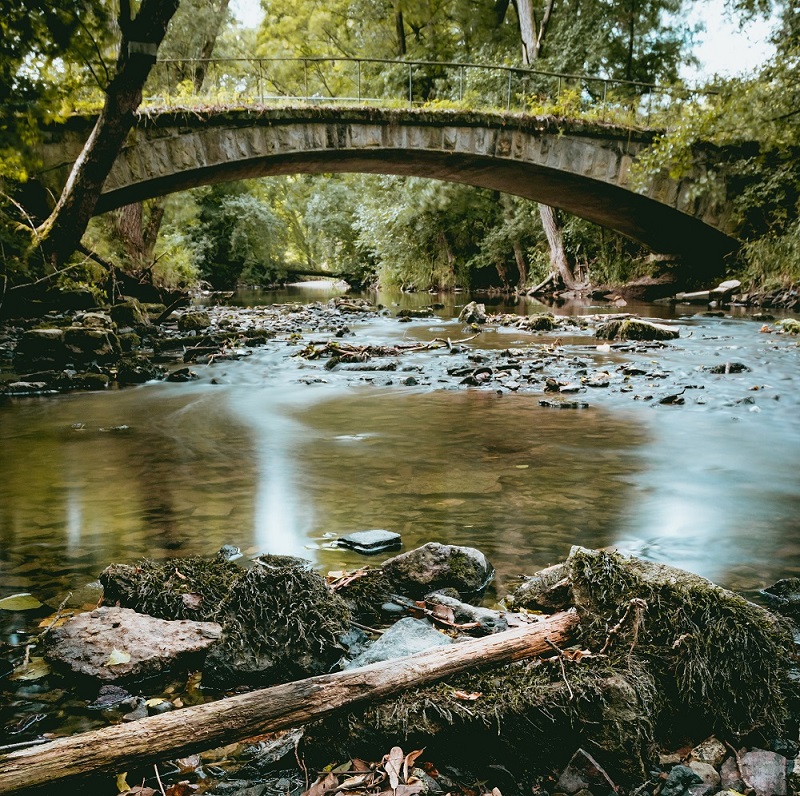
August 21, 2020
INDIANAPOLIS, Ind. (August 20, 2020) – Today, the U.S. Environmental Protection Agency (EPA) announced that two Indiana universities will receive research grants to better understand the potential impacts of per- and poly-fluoroalkyl substances (PFAS) on water quality and availability in rural communities and agricultural operations across the United States.
EPA Awards $3.2 Million to Purdue and Indiana Universities for Research on Managing PFAS in Agriculture and Rural Communities
Pandemic Lessons: Open Data for Forest and Climate Action
August 17, 2020
Since March 2020, we have witnessed numerous parallels between COVID-19 and the climate crisis, including a lack of cohesive, coordinated global intervention and a laissez-faire response to a global emergency. Inadequate government response to the pandemic has led to preventable deaths from a highly contagious virus, just as inadequate government responses to the climate crisis could result in exacerbated effects by drought, fires or flooding as well as rising food insecurity. These risks are fast approaching their tipping points.
C4E Associate Director Laura Zanotti receives grant for Diversity & Inclusion Activities
August 13, 2020
Zanotti will lead a team of faculty and staff for conference, more info pending.
C4E Affiliates funded as part of U. Penn-led NSF ERC on "Internet of Things for precision agriculture"
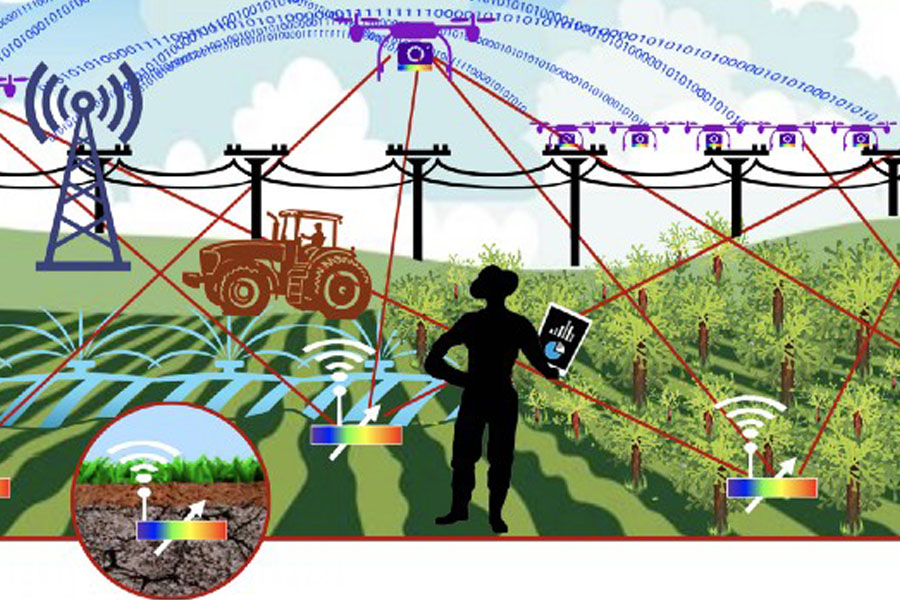
August 10, 2020
Affiliate Melba Crawford, the Nancy Uridil and Francis Bossu Professor in Civil Engineering, and Professor of Agronomy and Electrical & Computer Engineering, will serve as the Systems Integration lead for the project. And affiliate Tony Vyn, the Henry A. Wallace Chair in Crop Sciences and Professor of Agronomy, will serve as the Agricultural Test-beds co-lead.
Report provides new framework for understanding climate risks, impacts to US agriculture
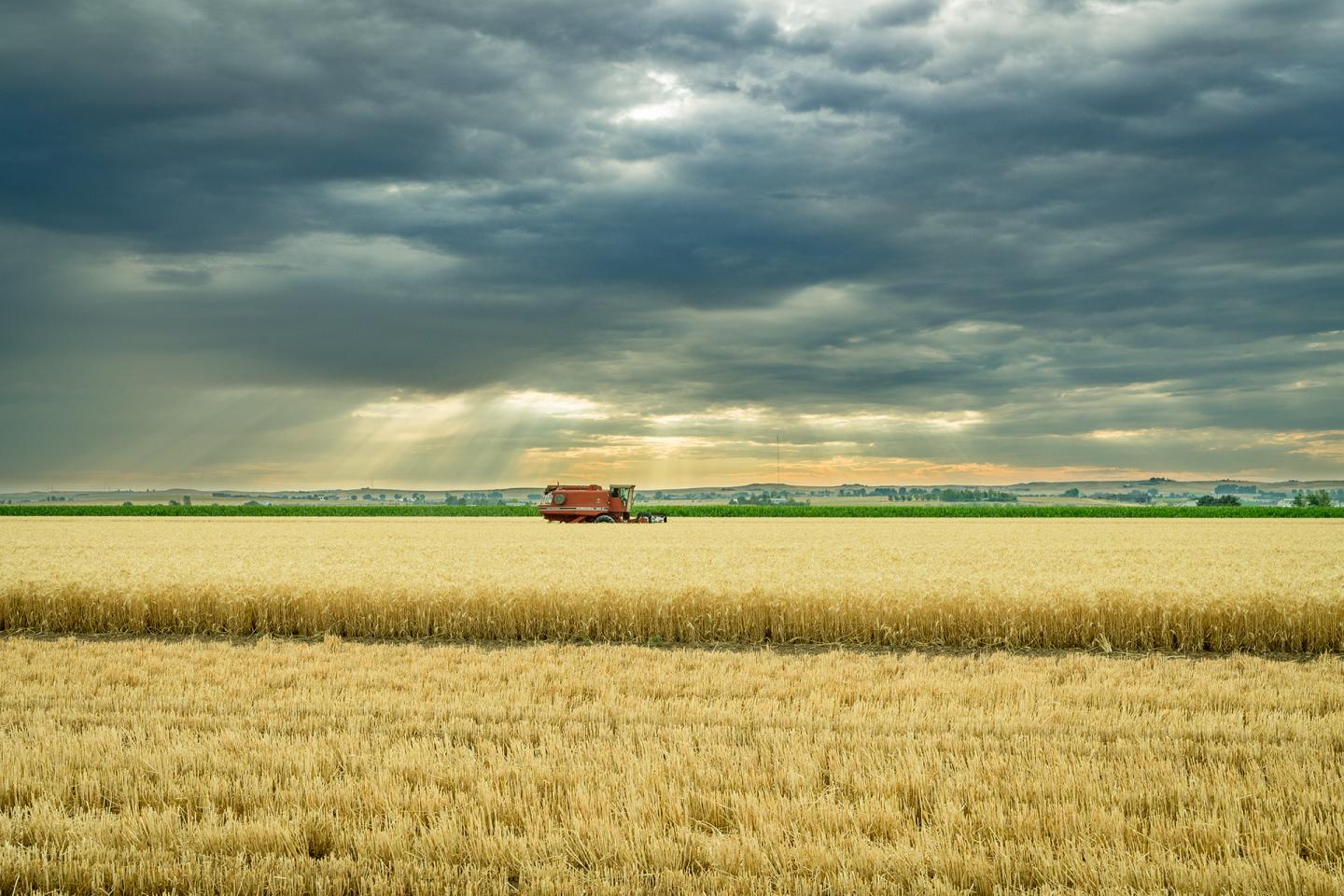
August 5, 2020
Agricultural production is highly sensitive to weather and climate, which affect when farmers and land managers plant seeds or harvest crops. These conditions also factor into decision-making, when people decide to make capital investments or plant trees in an agroforestry system. A new report from the U.S. Department of Agriculture focuses on how agricultural systems are impacted by climate change and offers a list of 20 indicators that provide a broad look at what's happening across the country.
Report provides new framework for understanding climate risks, impacts to US agriculture
Real-time imaging can help prevent deadly dust explosions
August 5, 2020
WEST LAFAYETTE, Ind. – Dust explosions can be among the most dangerous and costly workplace incidents. Dust builds up in agricultural, powder-handling or manufacturing settings, causing hazards to employees and posing the risk of exploding. Researchers at Purdue University have developed an image- and video-based application using OpenCV algorithms that detect explosible suspended dust concentration. The app uses a camera or a video recording device to image and determine suspended dust and to accurately distinguish it from normal background noise
Shah Family Global Innovation Lab announces 4 seed grants, 1 travel grant
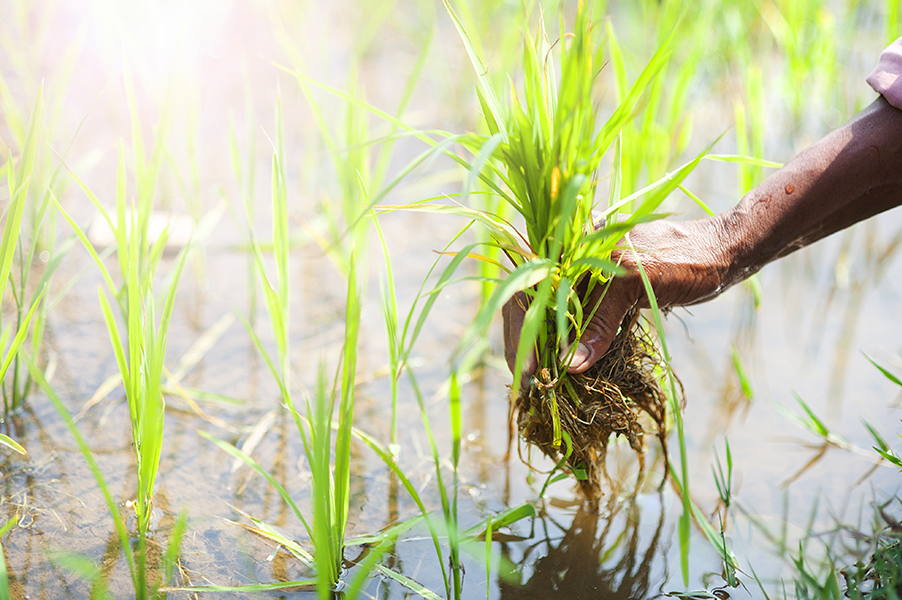
July 28, 2020
The Shah Family Global Innovation Lab has named its 2020 grant recipients. The awards are made possible through contributions from the Shah Family Endowment, College of Engineering, College of Agriculture and external partners. The core of the Shah Lab’s work is to utilize Purdue’s R&D and innovation strength to help create solutions to the bottleneck challenges of social sector organizations. Being true to that vision, the process began with inviting problem statements from non-profit organizations across multiple countries. The lab received 38 statements from 12 organizations working in Nepal, Ethiopia, Kenya, India, Myanmar, Bangladesh, Haiti, Zimbabwe and Laos.
Shah Family Global Innovation Lab announces 4 seed grants, 1 travel grant
Funded Project: Oak Ecosystem Restoration on Private Lands across the Chicago Wilderness and the Driftless Area
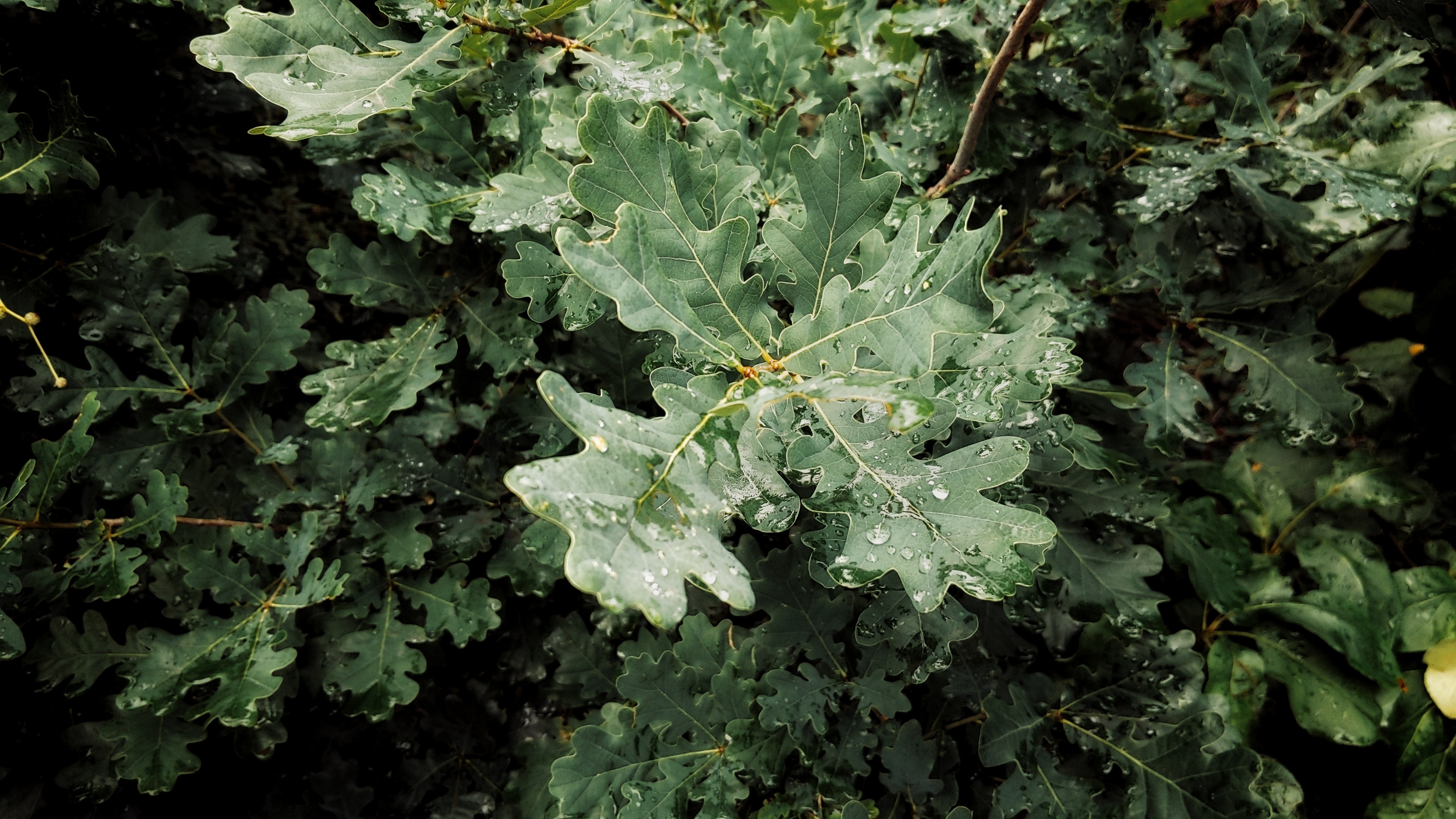
July 22, 2020
Congratulations to C4E Affiliate Zhao Ma, Professor of FNR, for her successfully funded project, “Oak Ecosystem Restoration on Private Lands across the Chicago Wilderness and the Driftless Area.
Announcement: C4E Affiliate Receives Support for 2 New Projects
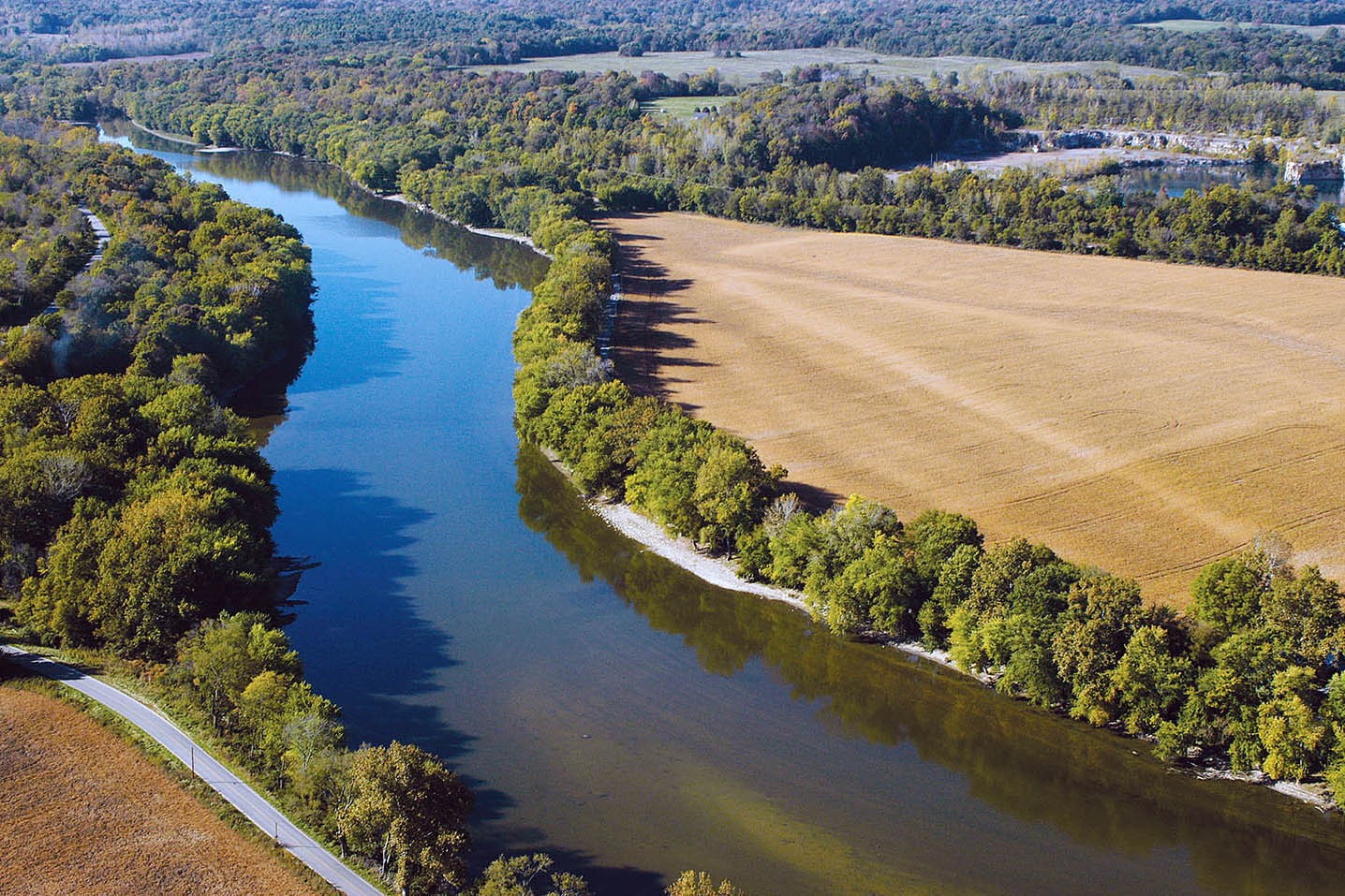
July 21, 2020
Linda Prokopy, Professor of FNR and long-time affiliate of the Center for the Environment, has long worked on issues relating to soil and water health, particularly in regions of the Midwest. Recently, she and her team have also spent time looking at what motivates the adoption and continued use of agricultural conservation practices, like the use of cover crops and nutrient stabilizers, on both farmer-owned and rented lands. In June 2020, Prokopy received support for two new projects relating to these topics.
Read More about "Announcement: C4E Affiliate Receives Support for 2 New Projects"
Purdue University Students Creating At-Home COVID-19 Testing Device
July 15, 2020
WEST LAFAYETTE, Ind. (WLFI) -- A new technology out of Purdue University is on track to revolutionize coronavirus testing.
Purdue University Students Creating At-Home COVID-19 Testing Device
